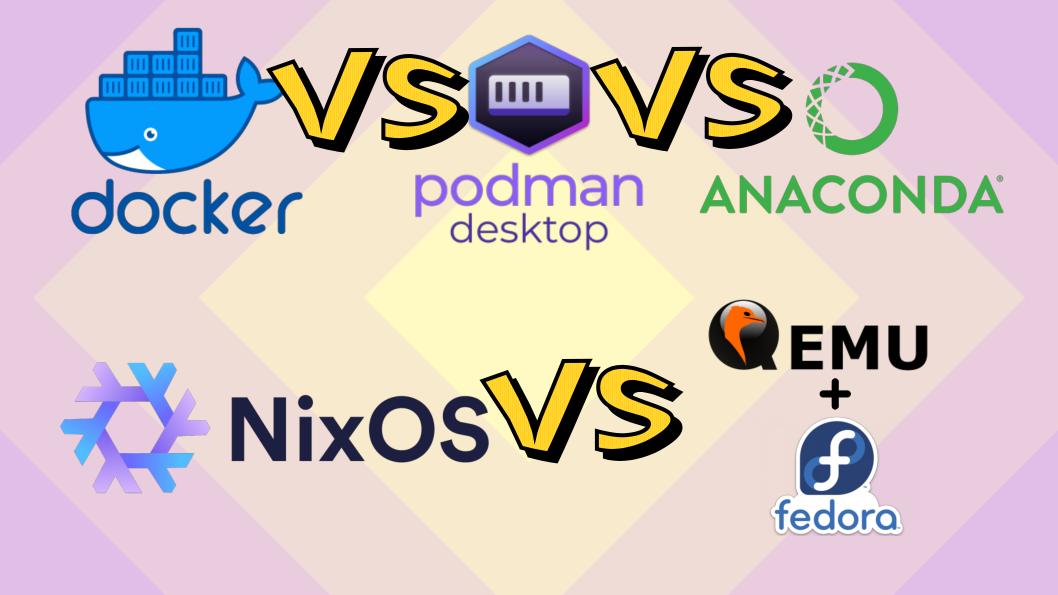this post was submitted on 16 Feb 2025
86 points (95.7% liked)
Linux
50215 readers
1609 users here now
From Wikipedia, the free encyclopedia
Linux is a family of open source Unix-like operating systems based on the Linux kernel, an operating system kernel first released on September 17, 1991 by Linus Torvalds. Linux is typically packaged in a Linux distribution (or distro for short).
Distributions include the Linux kernel and supporting system software and libraries, many of which are provided by the GNU Project. Many Linux distributions use the word "Linux" in their name, but the Free Software Foundation uses the name GNU/Linux to emphasize the importance of GNU software, causing some controversy.
Rules
- Posts must be relevant to operating systems running the Linux kernel. GNU/Linux or otherwise.
- No misinformation
- No NSFW content
- No hate speech, bigotry, etc
Related Communities
Community icon by Alpár-Etele Méder, licensed under CC BY 3.0
founded 5 years ago
MODERATORS
you are viewing a single comment's thread
view the rest of the comments
view the rest of the comments

You're spending time focusing on the wrong things. Publish the code, list the dependencies to build it (preferably with a way to install them, like python's requirements). That's it.
I have seen other similar projects where the setup is a hassle, which is why I am looking into it.
(changing requirements, custom scripts, extension)
I do agree mostly with your point here, but I think you can limit the scope a bit more. Mainly provide a working build environment via one of the mentioned tools, since you will need it anyway for a ci/cd pipeline. You can additionally have a full development environment that you use available for people to use if they choose. It is important that it be one regularly used to keep the instructions up to date for anyone that might want to try to contribute.
From my observations as a sys admin, people tend to prefer the tools they are familiar with, especially as you cross disciplines. A known working example is usually easy to adapt to anyone's preferred tooling.